The Weekly Aliyot of the Parsha
This is parsha Beraishis, the beginning of our annual reading of the Torah. Parsha Beraishis is first read on Simchas Torah by day, immediately after concluding the annual reading of the Torah with parsha V'zos Habrocho. Parsha Beraishis is then read in its entirety on Shabbos Beraishis, the Shabbos following Simchas Torah.
The first aliyah begins the entire Torah.
Our sages tell us that you have to dig in the Torah and you will find truth. As an example, the final letters of the first three words of the Torah are the mixed up letters of the word Emes (True). Dig a little deeper, and the truth will be clearer: The final letters of the second through fourth words spells Emes in order.
Here is creation from nothing. On the first day G-d created light, and day and night from it.
On the second day, G-d made the firmament between the waters, which He named it "Shamayim" - heaven.
On the third day, G-d distinguished between the earth and seas, and brought forth plants and trees that bear seeds and fruit.
On the fourth day, G-d created the sun, moon, stars, and planets.
On the fifth day, G-d created the creatures of the sea and flying creatures of the air.
On the sixth day, G-d created the creatures of the land. Following this, G-d creates man in His image. He creates both man and woman, whose names are Adam and Chava. G-d tells Adam and Chava to be fruitful and multiply and dominate the fish of the sea, the birds of the sky, and the beasts of the land.
On the seventh day, G-d rested from His work and blessed the seventh day and declared it to be holy. This is Shabbos.The second aliyah describes in greater detail how Adam is created out of the dust of the ground and how G-d breathes a soul into him and placed him into the Garden of Eden. G-d gives Adam his commandment of not eating the fruit of the tree of knowledge of good and evil.
The third aliyah describes the creation of Chava, Adam's wife, from Adam's body.
In this aliyah is the story of the serpent tricking Chava into eating the forbidden fruit, and Chava subsequently giving the fruit to Adam. As a result they are ashamed of their nakedness, and make clothes. G-d curses the serpent. G-d tells the woman that because of what happened she will experience a more difficult pregnancy and childbirth.
By contrast, the Midrash states that Chava was created and gave birth on the very same day and that her children were born as adults. As a result of Chava's transgression, pregnancy is forty weeks long and children are born as babies, who require much self-sacrifice to raise.
The Midrash further states that Jewish women were given and are entrusted with three special mitzvot to atone for Chava's sin: lighting Shabbos candles, separating the Challah (symbolic of the kashrus of the home), and Taharas Hamishpocha (family purity, G-d's gift to Jewish people benefiting the family's spiritual and physical health).
G-d tells Adam that he will earn his living with difficulty.
(All this happened on Friday. We see also see the strength of the evil inclination (Yezter hora) present on Friday causing arguments, etc. for which we should be careful to avoid.)The fourth aliyah describes the birth and lives of Adam and Chava's sons Cayin and Hevel. Here, Cayin kills Hevel, and answers G-d's query with the famous answer: "Am I my brother's keeper?"
The fifth aliyah further describes the descendants of Cayin and the creation of the peoples who live in tents and play harps and flutes.
The sixth aliyah describes the first eight generations of man from Adam to the grandfather of Noach, Mesushelach.
The seventh aliyah describes the ninth and tenth generations: from Mesushelach, Noach's grandfather, to Noach's father Lemech, and finally Noach himself and his family.
At this point in time the wickedness of the people of earth is so great that G-d wants to destroy humanity, but at the end of the aliyah, the Torah says that Noach found favor in G-d's eyes.
